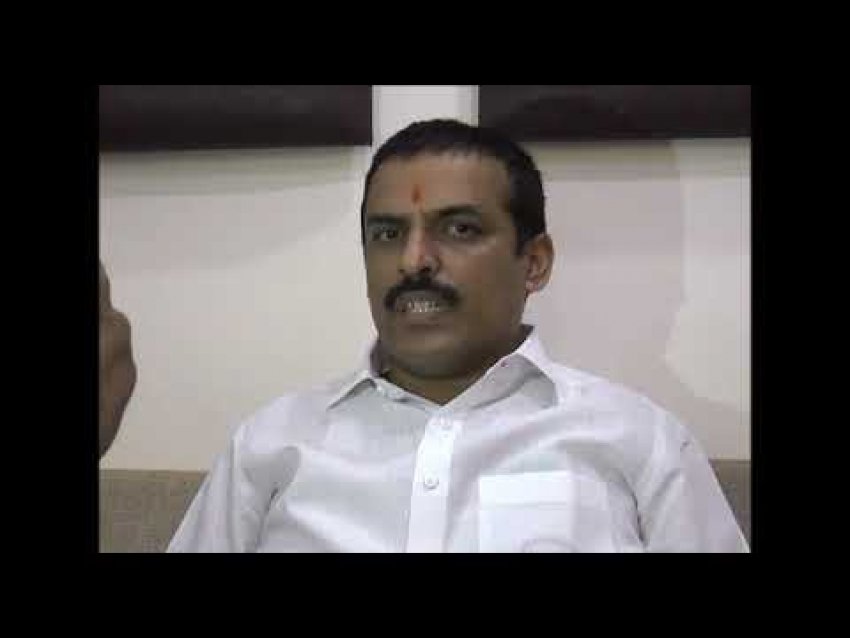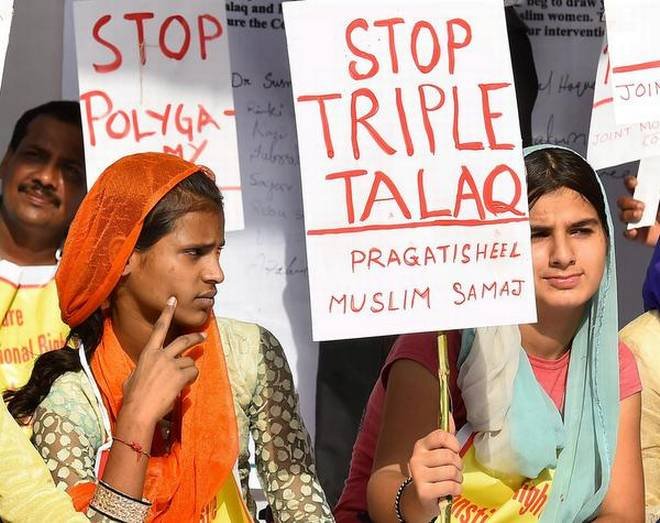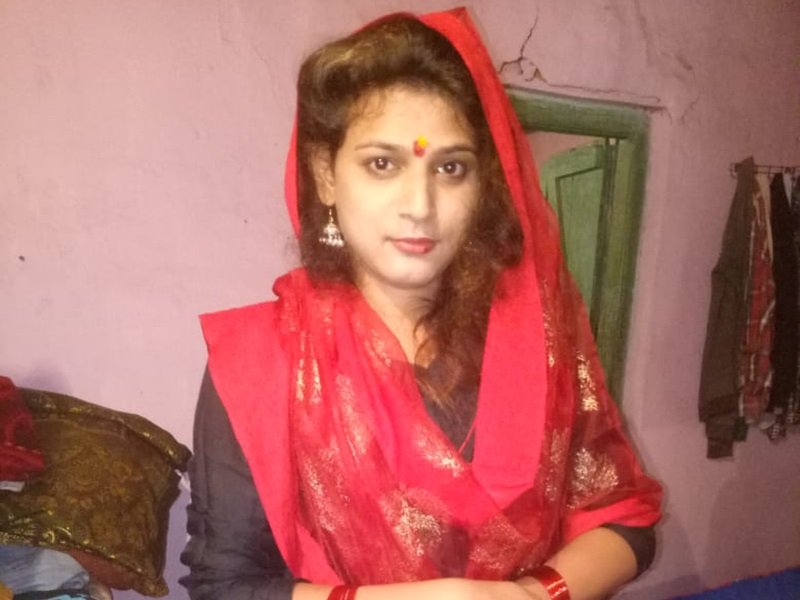The Muslim women’s rights group spearheading the movement against instant divorce has welcomed the amendments to the triple talaq Bill, and urged MPs cutting across party lines to ensure its passage in Parliament.
The Union Cabinet on Thursday approved three amendments to the Bill, which now has provisions that allow an accused to seek bail before trial, lodging of an FIR only at the insistence of the wife or her blood relations or those who become her relatives by virtue of marriage, and making the offence compoundable where both parties have the liberty of withdrawing the case.
The pronouncement of ‘talaq’ thrice in quick succession will invite a jail term of three years under the original Bill.
‘Will work together’
“We appreciate the efforts of the Cabinet to respond to the concerns of Muslim women. We are hopeful that the government and the Opposition will work together to bring about this law,” read a statement issued by Bharatiya Muslim Mahila Andolan (BMMA). The NGO was made party to the triple talaq case before the Supreme Court last year.
The women’s rights group said that the changes made to the proposed law are in consonance with their demands and therefore they hoped that the move will “put to rest all opposition to the bill and the law will become reality soon”.
The BMMA said that they had appealed that efforts should be made to reconcile the two parties before finalising a divorce, which has been made possible by making the offence of triple talaq compoundable.
Elaborate procedure
The NGO has demanded that the government lay down an elaborate procedure for divorce based on the talaq-e-ehsan method which involves reconciliation, mediation and dialogue between the husband and wife over a minimum period of 90 days. It has also sought that the wife’s right to maintenance, guardianship of children as well as right to reside in her marital home be protected during the divorce process.
The amendments to the Bill were, however, not introduced in the Rajya Sabha on the last day of Monsoon Session. The amended Bill is now expected to be placed in the Upper House in the Winter Session and once it is passed there it will have to go back to the Lok Sabha for approval of the amendments as the original Bill had already been passed by the Lower House.









